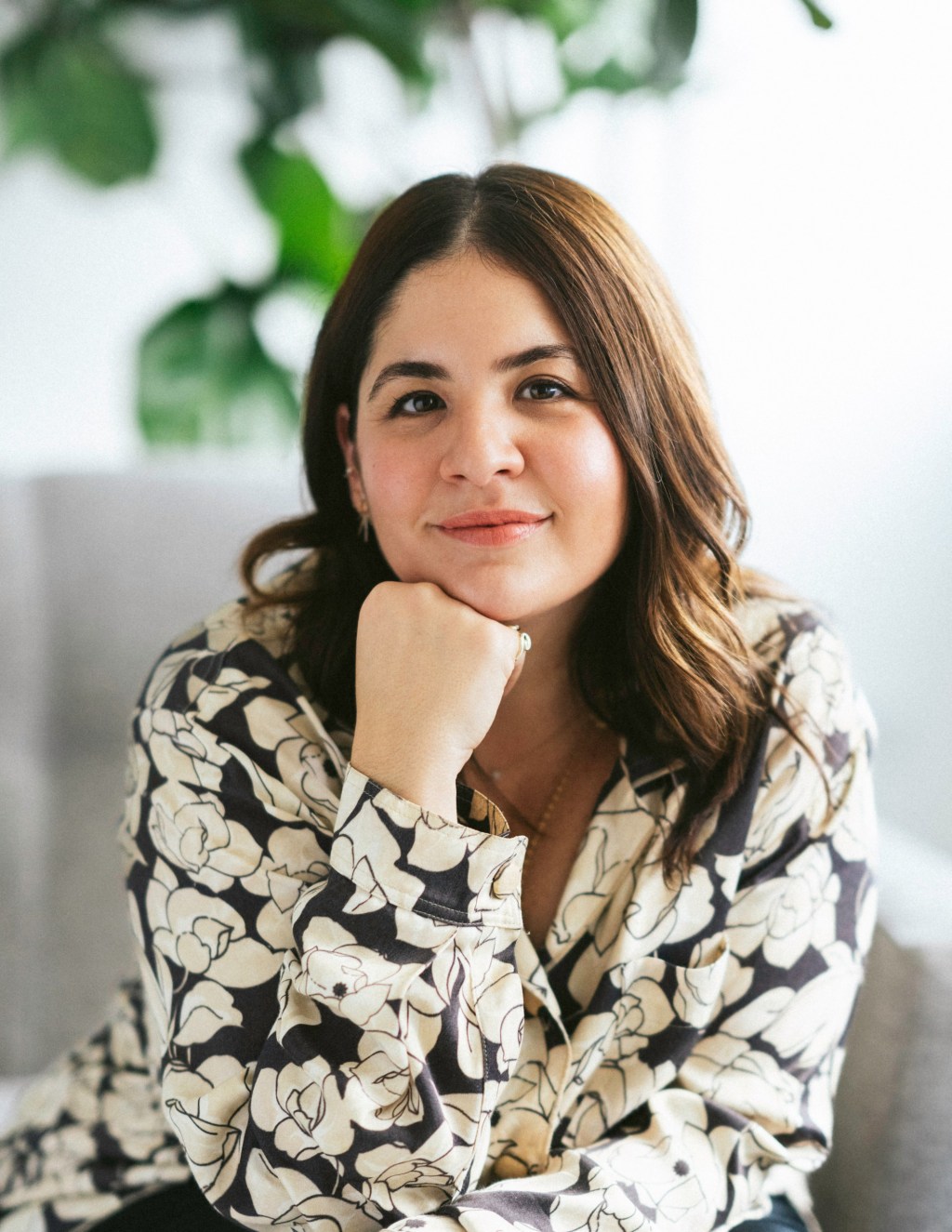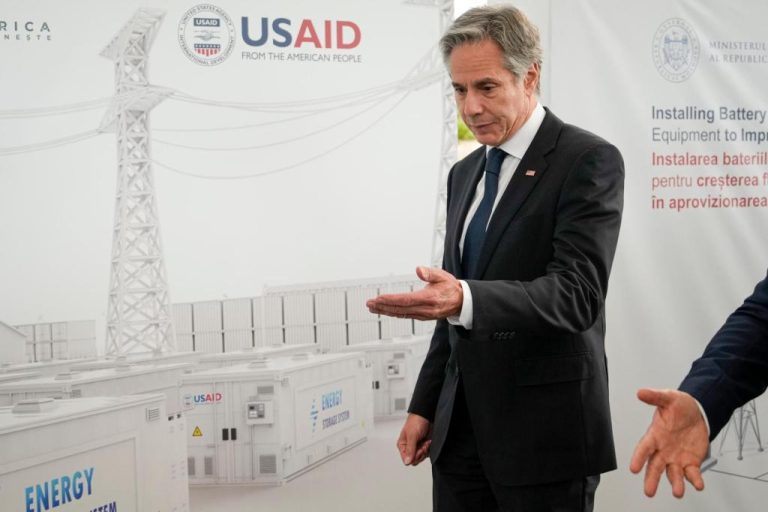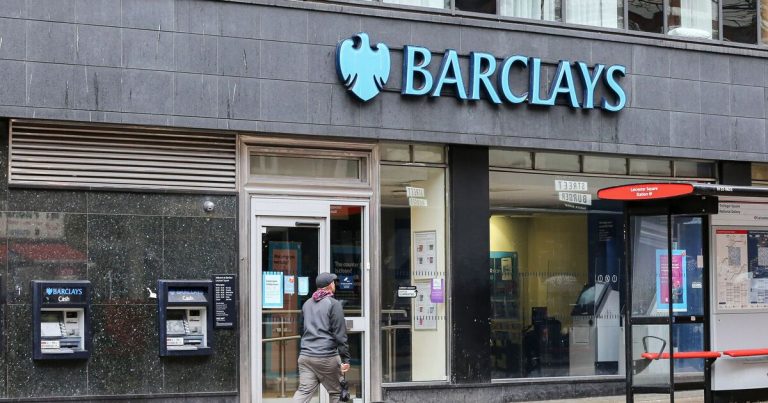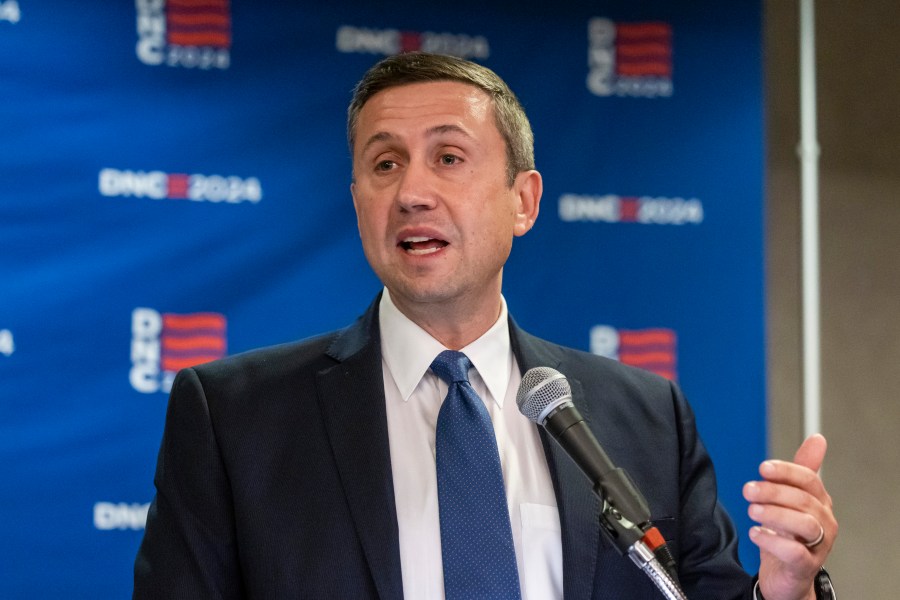

The city of San Diego’s new Poet Laureate says she hopes to make poetry feel more accessible and tangible for all readers during her two-year term, which she will start this month.
Paola Capó-García is a North Park resident whose poetry focuses on themes of gender, femininity, pop culture and an exploration of her upbringing in Puerto Rico — where she lived before moving to San Diego about 12 years ago.
She is the city’s third Poet Laureate since it launched the program in 2020. She succeeds Jason Magabo Perez, who served from 2022 to 2024.
“I want the poem to feel very immediate,” Capó-García says of her work. “I want it to feel casual and conversational and accessible, because sometimes those moments can be the context clue to then understand the deeper meaning of the poem.”
The role of the city’s Poet Laureate is to promote poetry and the spoken word through creating and sharing their own work and engaging with the community through a poetry project.
Capó-García was selected through an application process that began last October, with applicants evaluated based on elements such as their literary achievements and community engagement.
Her work has been published in outlets including The Volta, The Texas Review, Latino Book Review and the Poetry Society of America. She is also the author of “Clap for Me That’s Not Me,” a poetry collection that won Rescue Press’ 2017 Black Box Poetry Prize.
For her capstone project as the Poet Laureate, Capó-García says she hopes to compile a series of bilingual publications of work by San Diego and Tijuana poets.
But beyond that project, she also envisions hosting creative workshops where people can bring their poetry to life by merging it with other art forms, such as screen printing or video poetics.
Capó-García, who works as an educator for the High Tech High Graduate School of Education, also plans to encourage other local schools to incorporate more poetry into their curriculum through workshops with teachers.
Capó-García says she sees poetry as a way to understand different subjects, such as history. But she says it’s an increasingly valuable tool to help people confront today’s reality.
“We’re living through a second Trump presidency. We’re living through a horrific genocide in Palestine. … We’re living through the erosion of women’s reproductive rights and transgender rights,” she said, adding that it can be easy to feel desensitized to these “multiple tragedies.”
But poetry offers a safe space to speak out and process challenges, she says.
“If it can help you articulate something that you never thought you could,” she said, “then I think that’s really powerful and really magical.”
Capó-García will start her term Feb. 18 with a reading and discussion at the San Diego Central Library at 5:30 p.m.








